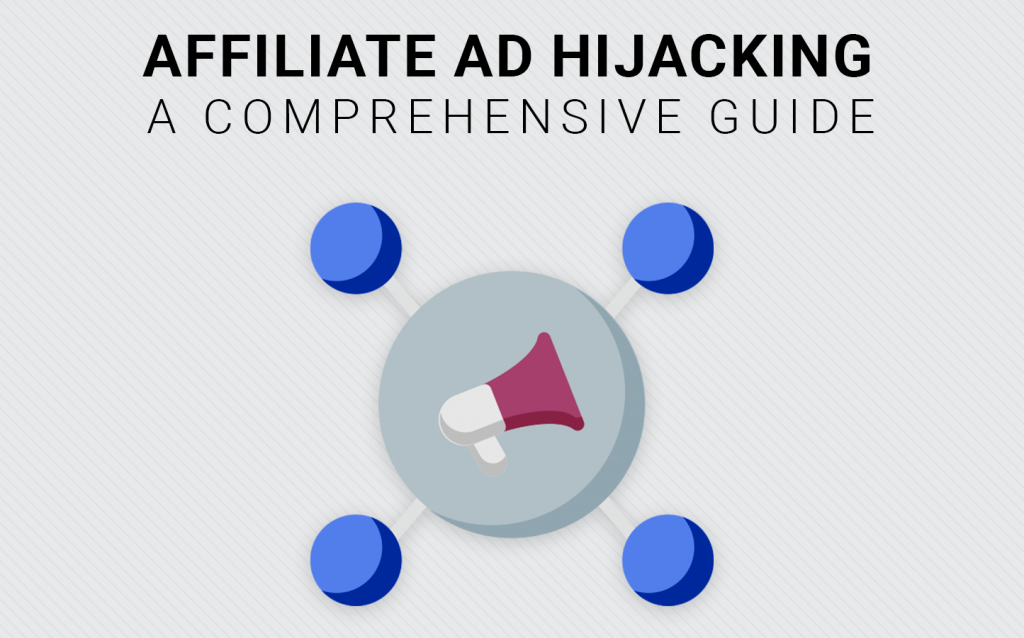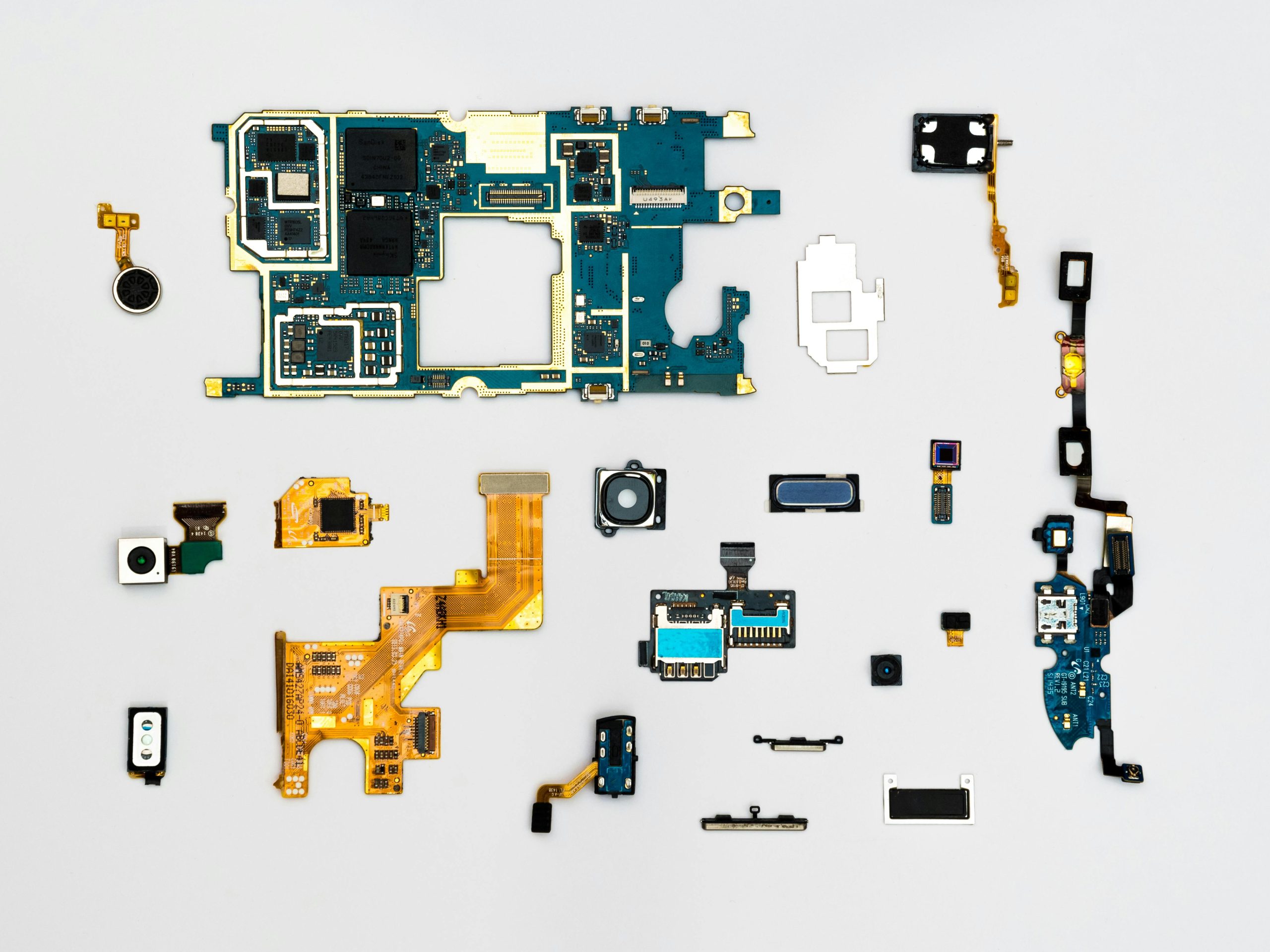Affiliate Ad Hijacking: A Comprehensive Guide

Have you observed any odd alterations in the effectiveness of your affiliate marketing programme? Are your PPC stats or impression shares worse than you initially expected?
These are all potentially suspicious behaviours known as affiliate hijacking, direct linking, brand poaching/bidding, or URL jacking and can occur even when there isn’t an increase in competition.
Unfortunately, there are a lot of dishonest affiliates out there that would rather take advantage of you, steal your clicks, and mistreat your brand than act ethically by bringing in money for your company and earning eligible rewards.
Let’s talk about what ad hijacking is and what to do if you become a target of it because it can be quite damaging to a company and its bottom line.
Ad-hijacking: what is it?
Ad hijacking occurs when an affiliate tries to pass as the brand by running advertisements that resemble the company’s ads. These affiliate hijackers raise the likelihood that your customers would click on their advertisements rather than the brand’s own ads by using the same URL, identical headlines, and ad content. When these clicks result in purchases, the affiliate is paid a commission. In short, these affiliates are stealing money from under your nose in the form of unearned commissions.
What does ad hijacking look like?
Ad hijacking looks just like ordinary advertisements to someone browsing the Search Engine Results Page while conducting an online search.
These instances take place when a dishonest affiliate makes a paid search advertisement that is a replica of the brand’s own advertisement. Customers do not realise they’ve clicked on an affiliate link, and the affiliate receives a commission for conversions the brand would have gotten regardless.
Affiliates employ evasive tactics to escape detection and steal commissions from sales in addition to raising the cost-per-click on branded chosen keywords. It is extremely difficult to spot without the aid of a paid search monitoring service.
What are the negative effects of ad hijacking?
Ad Hijacking has several harmful consequences, including:
- Giving the wrong message. Affiliate advertising frequently contains out-of-date deals, exaggerated discounts, and wording that does not accurately represent the business. Affiliate hijackers sometimes switch out brand advertising with their own since search engines only let an advertiser’s domain appear once on a specific SERP, robbing the brand of control over their own message.
- Causing channel rivalry. In such a situation, a client may see a variety of offers from affiliates competing with a brand’s own advertisement on the Search Engine Results Page. Therefore, channel conflict occurs when a brand and an affiliate are both advertising on the same terms. Because of ad hijacking, search engines will only display one ad at a time using the same display URL. As a result, the brand’s CPCs are rising as the affiliate and brand compete with one another to appear on the SERP. Instead of diverting already-existing traffic, the affiliate should be bringing in new clients.
- Ad hijackers reduce brand revenue by stealing clicks, eating into profit margins, and gaining unearned commissions. It becomes hard to properly know where your income is coming from, sometimes presenting a misleading picture of channel success. You lose money, and metrics like impression share and ROI are also negatively impacted.
- Damaging brand reputation. Hijackers can harm a brand’s reputation by redirecting users to low-quality alternative destinations rather than the brand’s original high-quality website.
What are the signs of being hijacked?
Due to the numerous sophisticated techniques used in this illegal business (e.g., dynamic redirecting, geotargeting or domain cloaking), it can be quite challenging to identify when you have become a target of ad hijacking.
The best you can do at first is to employ search monitoring and web analytics tools to seek odd trends or indications of ad hijacking. Some warning signals of possible criminal activity include the following:
- Conversion rates for branded paid search and affiliate are very close.
- Ad impressions and clicks are decreasing.
- Unusual increases in referral traffic or conversions from one or more affiliates with no strong reputation or who are not trusted by your brand.
What can you do to prevent ad hijacking?
The first and most straightforward measure a PPC manager can take to reduce the risk of affiliate fraud is to select the finest affiliate programme that is aware of fraudulent activity, has limits in its affiliate agreement, and employs a search monitoring tool for monitoring.
Make your brand-bidding procedures explicit, and make sure there are repercussions for breaking affiliate agreements. Look for affiliate partnerships that allow you to restrict your brand.
Apart from that, it will be very hard to identify and prevent fraudulent behaviour without the assistance of specialised technology or security professionals. Manual research takes time and is prone to error if you don’t know what to search for.
Browser extensions such as Live HTTP Headers will display every redirect path after a click, allowing you to check for an affiliate tracker after clicking on a questionable ad. If you suspect suspicious activity, you can withdraw an affiliate’s commissions.
Professional monitoring services detect hijackers by scanning for indicators such as improper tracking URLs, affiliate links inside redirect pathways, misspellings, and geo-targeting tactics.
This service offers detection 24 hours a day, seven days a week. They can detect fraudsters who are attempting to hide their traces by locating temporally limited ad campaigns across the country. They also scan minor search engines for affiliates who could be misusing your brand and check internal affiliate databases for fraud history.
Conclusion
No one is 100% protected from brand bidders and ad hijackers constantly, even though it’s often big, profitable businesses that have to deal with it regularly.
The goal of affiliate marketing is to increase sales. Because it results in expenses like unauthorised commissions, stolen clicks, and damages to a brand’s reputation, ad hijacking damages a company’s financial line.
Make sure you are dealing with a reliable affiliate network that provides you with comprehensive tracking analytics and other helpful tools to track activity.
Author of this article
WAS THIS ARTICLE HELPFUL?
Support us to keep up the good work and to provide you even better content. Your donations will be used to help students get access to quality content for free and pay our contributors’ salaries, who work hard to create this website content! Thank you for all your support!





OR CONTINUE READING